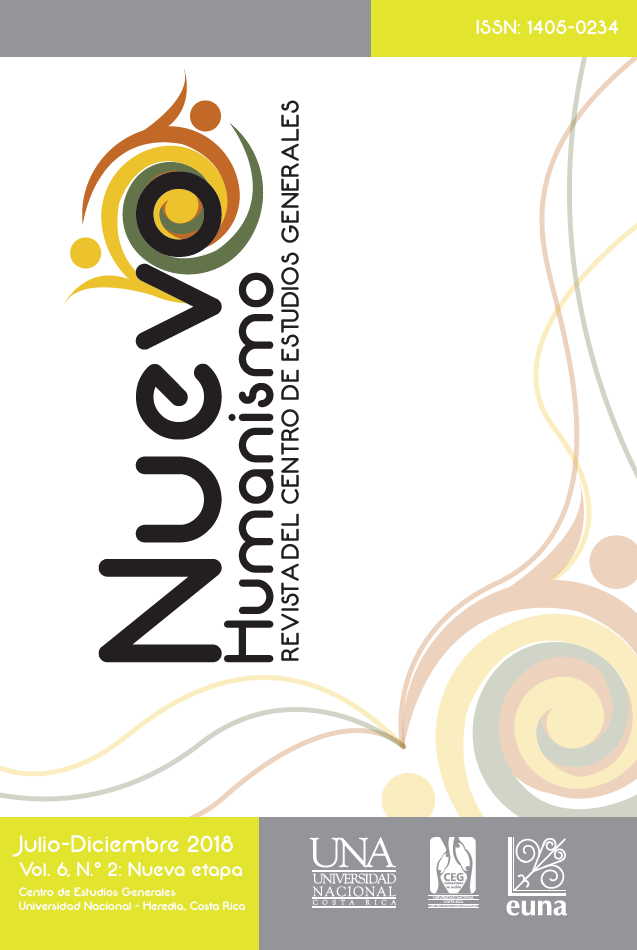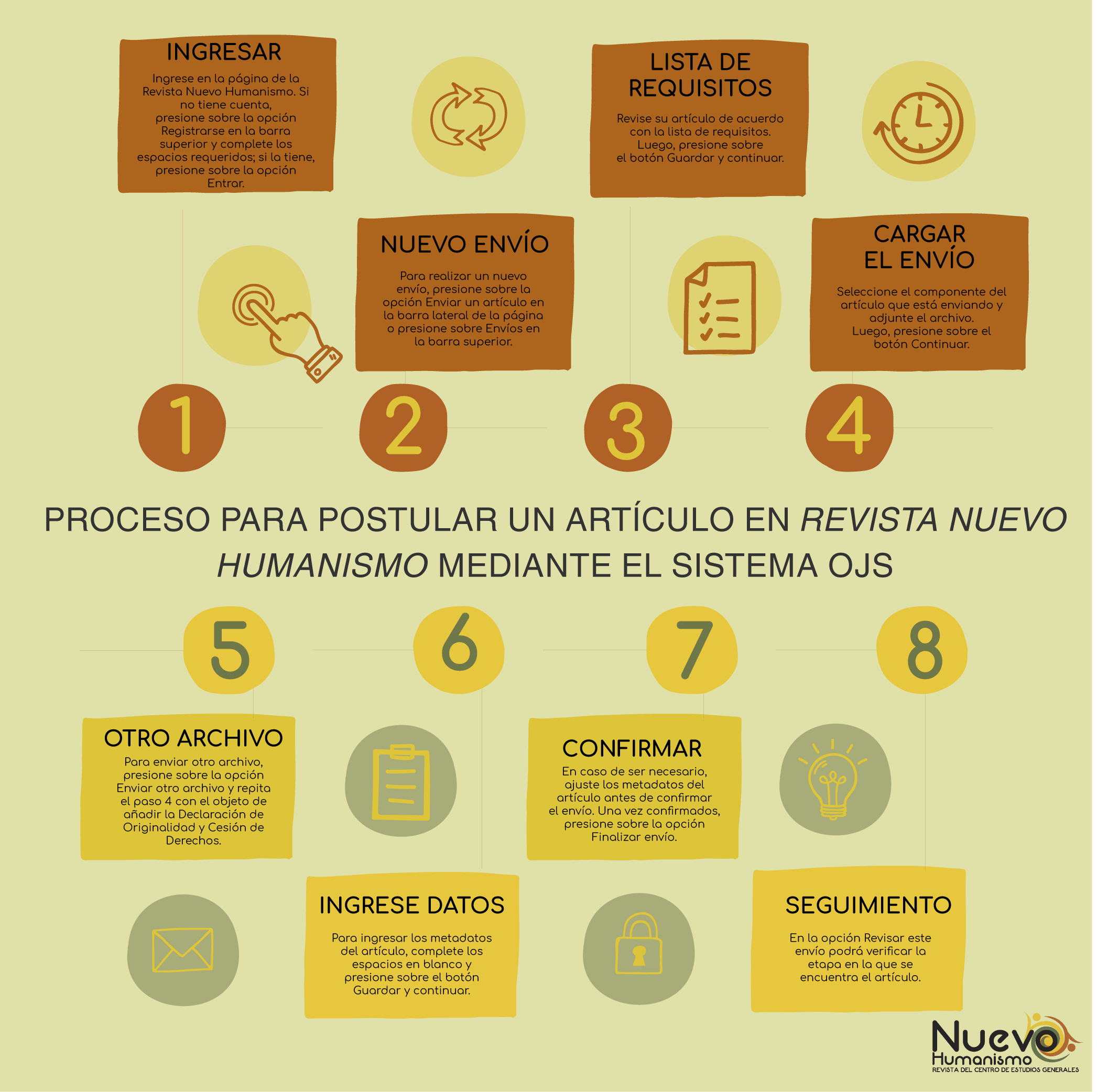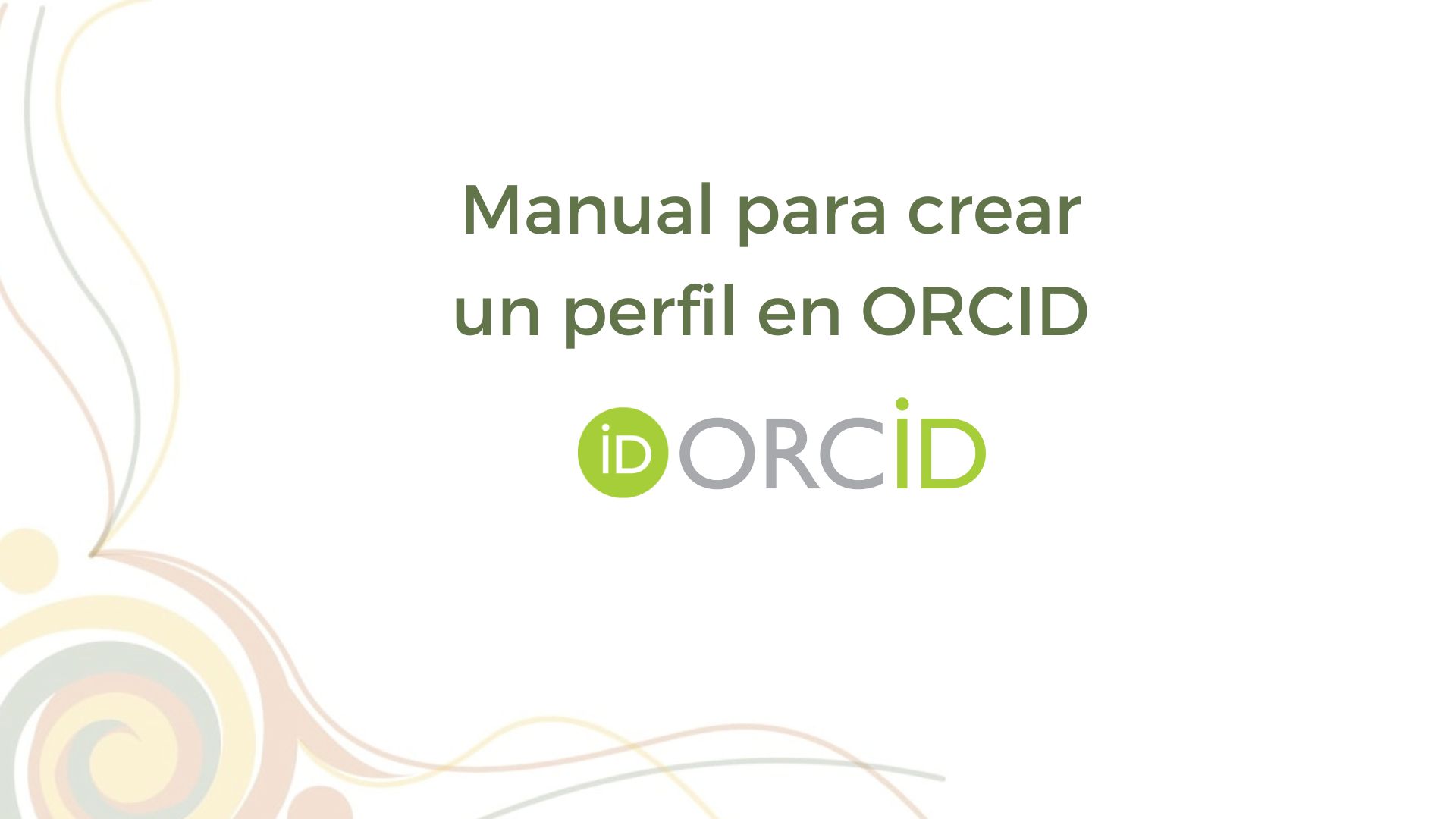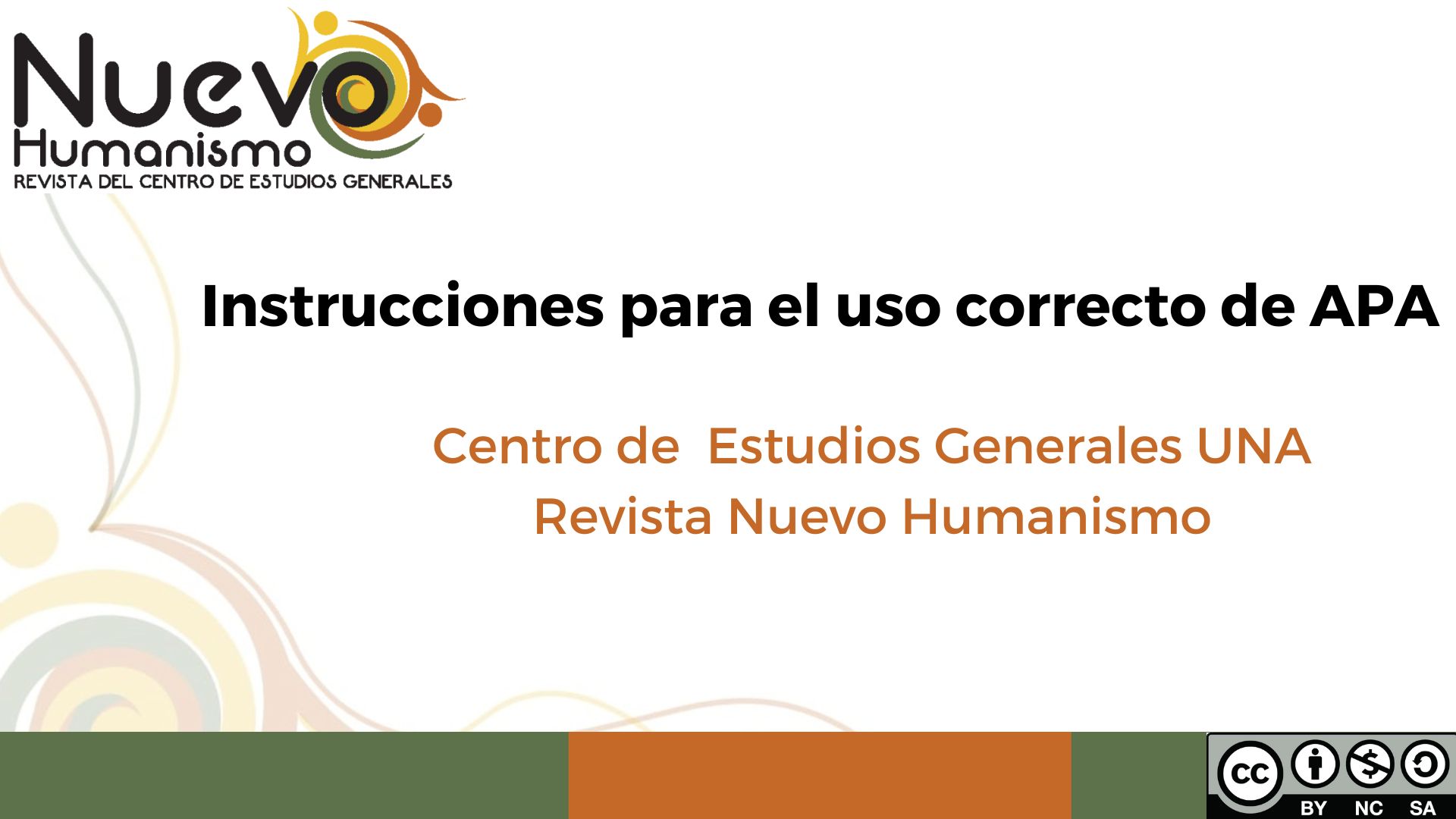‘El trabajo dignifica’ Twentieth Century Afro-Costa Rican Women and Informal Work in Port Limon, Costa Rica
DOI:
https://doi.org/10.15359/rnh.6-2.1Keywords:
Costa Rica, Port of Limón; Afro-Costa Rican women; informal work; gender and work.Abstract
The patriarchal system has convinced most that women’s respectable place and function are exclusively within the private space of the home. When women ‘transgress’ and venture out into the public sphere by choice or by force, the reception is far from welcoming both by individuals and institutions. The analysis seeks to enquire, based on women of African descent history, how this ideology affects their participation in the public sphere. The main objective is to unearth and make visible some of the informal financial activities women were involved in during the 20th century in Port of Limon, Central America, Costa Rica. The information was gathered through interviews, some early 20th-century newspaper research, and other documentation. The analysis is conducted from a historical and gender perspective.
References
Acuña,M.(2008). “Papel Reproductivo y Productivo de las mujeres esclavas en Costa Rica en el Siglo XVIII. Revista Historia. (57-58). 135-161
Baron, A. (1981 ). Protective Labor Legislation and the Cult of Domesticity. Journal of Family Issues, 2 (1), 25-38.
Beckles, H. M. and Sheperd Verene Eds. (2006). Lucille Maturin Mair: A Historical Study of Women in Jamaica 1655-1844. Jamaica, Barbados and Trinidad and Tobago: University of the West Indies Press.
Beckles, H. M. (1989). Natural Rebels: A Social History of Enslaved Black Women in Barbados. London and New Jersey: Zed Books Limited, Rutgers University Press.
Beckles, H. M. (1999). Centering Woman: Gender discourses in Caribbean slave society. Kingston, Princeton, Oxford: Ian Randle Publishers, Markus Wiener Publishers, James Currey Publishers.
Biles, J. J. (2009). Informal Work in Latin America: Competing Perspectives and Recent Debates. Geography Compas, 3 (1). 214-236.
Bryson, V. (2003). Feminist Political Theory. New York and Basingstoke Hampshire: PALGRAVE MACMILLAN.
Chen, M. A. (2001). Women in the Informal Sector: A Global Picture, The Global Movement. SAIS Review, 21 (1), 71-82.
Chen, M. A. ( 2012). The Informal Economy: Definitions, Theories and Polocies. WIEGO, (1). 1-22.
Moyano, E., Castillo, R. and Lizana Lizana, J. (2008). Trabajo informal: motivos, bienestar subjetivo, salud, y felicidad en vendedores ambulantes. Psicologia em Estudo, 13 (4), 693-701.
Ferree, M. M. (1990). Beyond Separate Spheres: Feminism and Family Research. Journal of Marriage and the Family. 52 (November), 866-884.
Freije, S. (2002). Informal Employment in Latin America and the Caribbean: Causes, Consequences and Policy Recommendations. Venezuela: Inter-American Development Bank.
Gorham, D. (1985). Three Boos on the History of Housework: A review Article. Atlantis Vol. 10, No. 2 Apring, 138-145.
Habermas, J. (1974). The Public Sphere: An Encyclopedia Article. New German Critique, (3). 49-55.
Karusseit, C. (2007). Victorian domestic interiors as subliminal space. SAJAH, 22 ( 3). 168-182.
Karusseit, C. (2007). Victorian Respectability and gendered domestic space. Image and Text: A Journal for Design Volume 2007, 38-53.
Leon, M. d. (2005). Mujeres esclavas en la Costa Rica del siglo XVIII: Estrategias frente a la Esclavitud. Dialogos Revista Electronica de Historia, 5 ( 1-2). 1-21.
Leon, M. d. (2008). Papel reproductivo y Productivo de las Mujeres esclavas en Costa Rica en el siglo XVIII. Revista Historia, (57-58). 135-161.
Martha Chen, J. S. (1999). Counting the Invisible Workforce: The case of Homebased Workers. World Development, 27 (3). 603-610.
Miller, C. H. (2006). In Memory of My Ancestors: Contributions of Afro-Jamaican Female Migrants in Port Limon, Costa Rica 1872-1890. En M. C. Annette Insanally, Regional Footprints The Travels and Travails of Early Caribbean Migrants (págs. 266-291). Kingston, Jamaica: Latin American Caribbean Centre, Jamaica National Commission for UNESCO, Sir Arthur Lewis Institute of Social and Economic Studies.
Miller, C. H. (2015). The province and port of Limon: Metaphors for Afro-Costa Rican black identiy. Costa Rica: Editorial Universidad nacional.
Mohammed, P. (2002). Gendered Realities: Essays in Caribbean Feminist Thought. Barbados, Jamaica and Trinidad and Tobago: University of the West Indies Press.
News, L. W. (1903). Nervous Postration the Ills of women act upon the nerves like a firebrand. Limon weekly news. 2.
News, L. W. (1904). Nice MRS NAGG. Limon Weekly News. 3.
News, L. W. (1904). Woman's realm Women must be dignified. Limon Weekly News. 3.
Putnam, L. (2002). The Company they Kept Migrants and the Politics of Gender in Caribbean Costa Rica, 1870-1960. North Carolina: The University of North Carolina Press.
R., I. V. (1994). Trabajo Productivo de la Mujer y Cambio en los Roles Familiares el caso de Costa Rica. Anuario de Estudios Centroamericanos, Universidad de Costa Rica 20 (1). 133-151.
Republica, L. (1961). Esta si es de Pollo. La Republica. 9.
Republica, L. (1961). Las Amas de Casa las Prefieren! La Republica. 11.
Rodriguez, E. (1999). La Redefinicion de los Discursos sobre la Familia y el Genero en Costa Rica (1890-1930). Populacao e Familia. 1-38.
Rosario, R. (2015). Identidades de la poblacion de origen jamaiquino en el Caribe costarricense: segunda mitad del siglo XX. Santo Domingo: Cocolo Editorial.
Rotman, D. L. (2006). Separate Spheres? Beyond the Dichotomies of Domesticity. Current Anthropology, 47 (4). 666-674.
Santana, M. A. (2011). Mujer y Genero en el Discurso Indiano del Siglo XVI en Costa Rica. Investigacion y genero, logros y retos: III Congreso Universitario Nacional (págs. 1671-1691). Sevilla: Deposito de Investigacion universidad de Sevilla.
Shepherd, H. M. (2006). A Historical Study of Women in Jamaica 1655-1844. Kingston Jamaica: University of the West Indies Press.
Shepherd, V. A. (1999). Women in Caribbean History: The British Colonized Territories. Kingston: Ian Randle Publishers.
Tong, R. (1994). Feminist Thought a Comprehensive Introduction. London: Routledge.
Verene Shepherd, B. B. (1995). Engendering History: Caribbean Women in Historical Perspective. Kingston: Ian Randle Publishers.
Wilson, P. J. (1969). Reputation and Respectability: A Suggestion for Caribbean Ethnology. Man New Series, 4 (1). 70-84.











